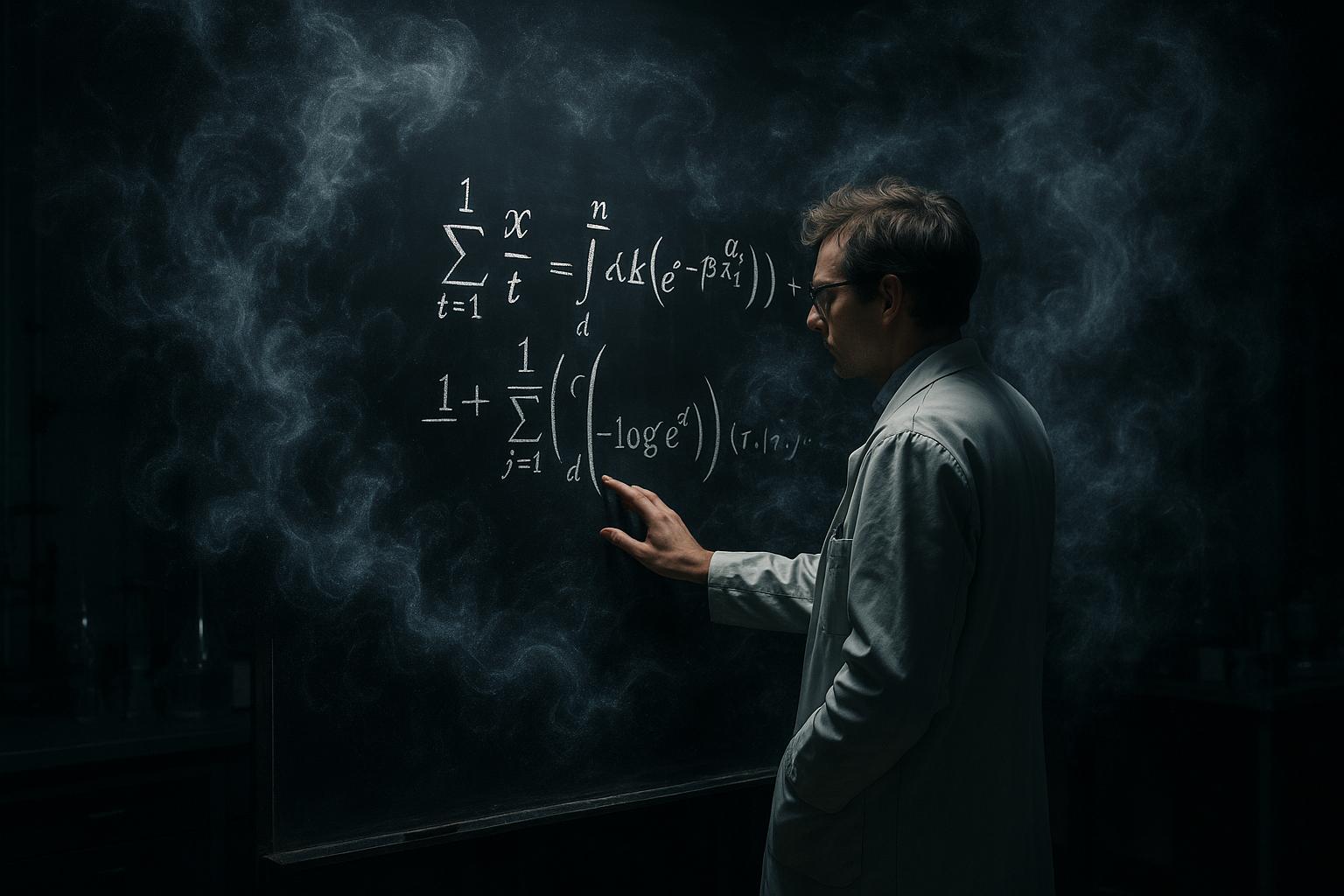Demis Hassabis, CEO of Google's DeepMind and a 2024 Nobel laureate, has highlighted a profound shift in the skills landscape required for future generations. Speaking at an ancient Roman theatre beneath the Acropolis in Athens, Hassabis stressed that the paramount skill in the coming era will be "learning how to learn," a meta-skill essential to keeping pace with the relentless and rapid advancements driven by Artificial Intelligence (AI). He noted that the speed of AI innovation, evolving even week by week, makes long-term predictions nearly impossible but assures that significant change is inevitable.
As a neuroscientist and former chess prodigy, Hassabis foresees artificial general intelligence—machines capable of matching broad human intellect or performing diverse tasks as well as humans—as potentially arriving within the next decade. While this promises remarkable advances and a future of "radical abundance," he acknowledged the accompanying risks, underscoring the necessity for individuals to continuously acquire and optimise new skills throughout their careers, complementing traditional fields such as mathematics, science, and the humanities.
Hassabis’s thoughts come alongside his recent accolade sharing the 2024 Nobel Prize in Chemistry with David Baker and John Jumper. Their pioneering work in AI-driven protein folding prediction represents a groundbreaking leap in molecular biology and medicine. The AI methods developed by Hassabis and his team at DeepMind have transformed the understanding of protein structures, enabling the design of new proteins with unprecedented capabilities. This advancement holds vast potential for pharmaceutical development, vaccine creation, and nanomaterial innovation, significantly accelerating drug discovery and biological research.
The recognition by the Royal Swedish Academy of Sciences highlights the growing and transformative role of AI in scientific research. DeepMind’s AlphaFold software, which demonstrated near-experimental accuracy in predicting protein shapes, has been lauded as a major technological breakthrough. Its latest iteration, AlphaFold 3, extends these capabilities by forecasting interactions between proteins, DNA, and other molecules, thus offering even greater support to researchers and drug developers worldwide.
Greek Prime Minister Kyriakos Mitsotakis, present at the Athens event, acknowledged the importance of integrating AI into government services but cautioned about the socio-economic implications of the technology’s swift expansion. Mitsotakis warned that if the benefits of AI are perceived as accruing only to a small number of large tech companies, it could breed skepticism and social unrest due to increasing financial inequality. He emphasised the need for the AI revolution to deliver tangible personal benefits to the general population to foster widespread acceptance.
Hassabis’s father is Greek Cypriot, and the event’s timing was adjusted to accommodate the European basketball championship semifinal between Greece and Turkey, illustrating the blend of cultural and technological milestones in this momentous occasion.
In sum, the evolving intersection of AI and education, epitomised by Hassabis’s vision, underlines the imperative for continuous learning and adaptability as core competencies in a rapidly changing future shaped by advanced artificial intelligence.
📌 Reference Map:
- Paragraph 1 – [1], [2]
- Paragraph 2 – [1], [2]
- Paragraph 3 – [1], [3], [4], [5], [7]
- Paragraph 4 – [6], [3], [4]
- Paragraph 5 – [1]
- Paragraph 6 – [1]
Source: Noah Wire Services
